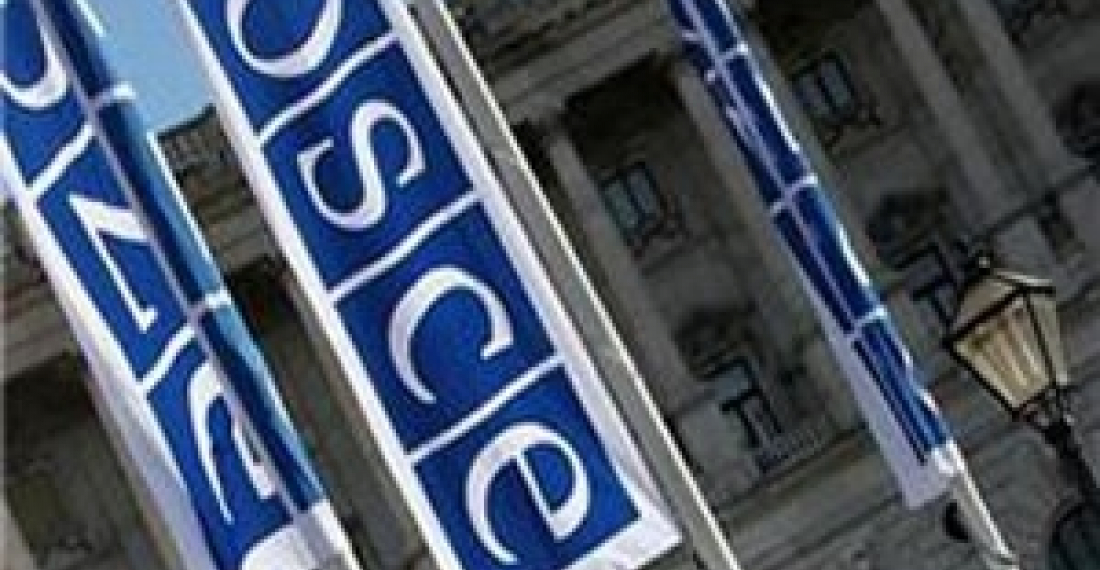On March 3 in Stepanakert, the newly-appointed French Co-chair of the OSCE Minsk Group Jacques Faure, who paid his first visit to Nagorno-Karabakh together with Igor Popov (Russia) and Robert Bradtke (U.S.), said that he knows almost nothing about the Karabakh conflict though he has read much about it. Therefore, he should study the conflict, he added.
ArmInfo's own correspondent in Stepanakert reported that the U.S. Co-chairman Robert Bradtke qualified the meeting with the NKR president as useful and effective. He said that all the meetings covered the work done by the OSCE Minsk Group co-chairs over the recent time and the statements made after the Jan 23 meeting in Sochi. In Karabakh the co-chairs also discussed the situation on the line of contact, Bradtke said.
When asked about possible impact of the forthcoming elections in the conflicting countries in 2012, Bradtke said that elections will be held not only in the conflicting countries but also in the OSCE MG co-chair countries. At the same time, the peace process will be
naturally continued, he added.
For his part, the Russian Co-chairman Igor Popov said that the co-chairs told the NKR President Bako Sahakyan about the Sochi
discussions on the investigation of the incidents on the contact line. He said that the presidents took into consideration the work
done by the co-chairs and instructed the relative departments to consider the investigation mechanism proposed by the co-chairmen.
The co-chairmen pointed out that the biggest achievement of the 20-year work of the OSCE Minsk Group is maintenance of peace, since 1994 to the present day. They also said that much work is still to be done to gain final resolution of the conflict.
OSCE Minsk Group co-chairmen hold an effective meeting with president of Karabakh
OSCE Minsk Group co-chairmen hold an effective meeting with president of Karabakh







